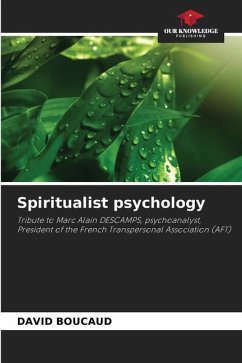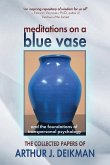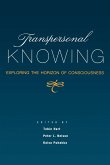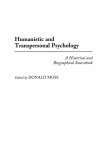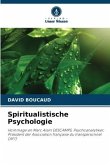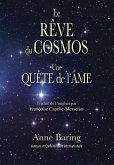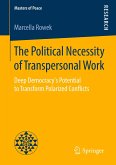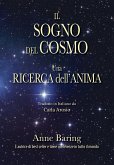Founded in France by the philosopher Théodore Jouffroy (1796-1842), spiritualist psychology postulates a free intelligence that overdetermines the will. According to Jouffroy, this will is a characteristic of the human spirit, whose object is the discovery of its finality as a being. For everything has a purpose, and it is through observation and reason that this is achieved. The philosopher also notes that observation and reason lead to absolute knowledge, which he defines as the true, the beautiful and the moral good. Théodore Jouffroy, a pupil of the metaphysician Victor Cousin (1792-1867), agreed with Cousin that "reason descends from God and inclines towards man" (Fragments philosophiques, 1826). Research into spiritualist psychology had many detractors, including a certain Auguste Comte. But Jouffroy's contemporary, Louis Bautain (1796-1867), another pupil of Cousin's, in title 2 of his chapter 1 on experimental psychology, writes: "the spiritual world is regulated by laws like the material world."
Bitte wählen Sie Ihr Anliegen aus.
Rechnungen
Retourenschein anfordern
Bestellstatus
Storno

